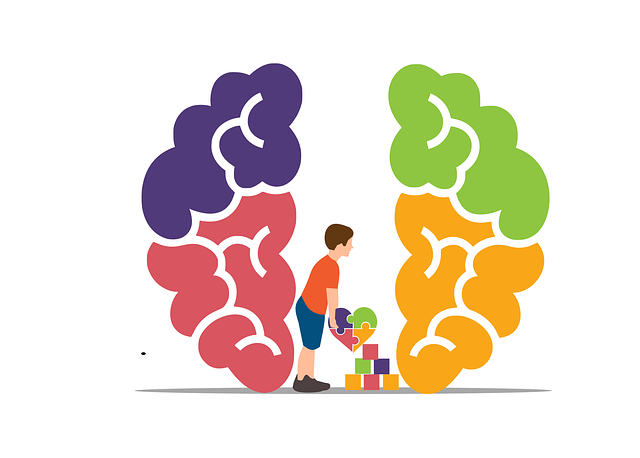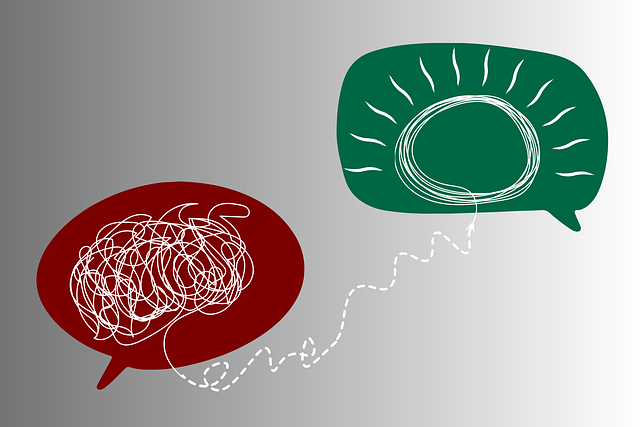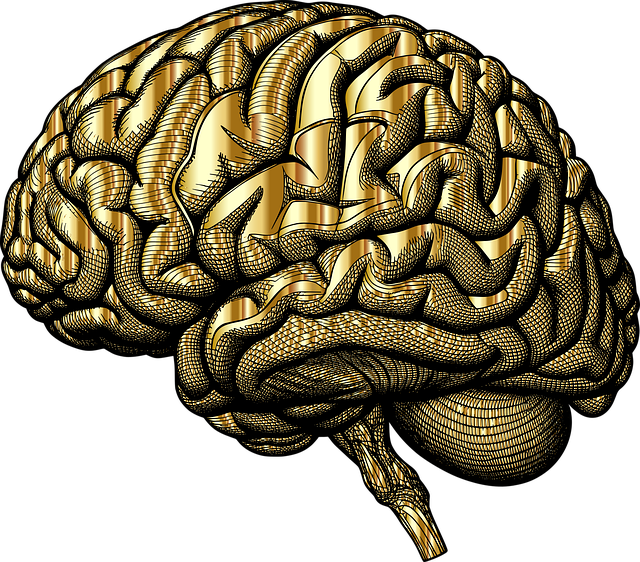Denver Gender Identity Therapy (DGIT) emphasizes the importance of social skills training for individuals managing anxiety, depression, or PTSD, addressing unique challenges related to gender identity while promoting broader social competence. Through interactive workshops, group sessions, and personalized interventions, DGIT equips clients with communication strategies, emotional regulation techniques, and conflict resolution skills to navigate social interactions safely and build meaningful connections, enhancing their overall mental wellness and sense of belonging.
Social skills training is a powerful tool for individuals navigating mental health conditions, offering a unique approach to enhancing their ability to connect and interact with others. This comprehensive guide explores the transformative potential of such training, highlighting its significance in mental health treatment. We delve into specific strategies, case studies like Denver Gender Identity Therapy, and practical steps to improve social skills, all while addressing challenges and measuring progress.
- Understanding the Impact of Mental Health on Social Interactions
- The Role of Social Skills Training in Mental Health Treatment
- Customizing Training for Diverse Conditions and Identities (Focus on Denver Gender Identity Therapy)
- Practical Strategies for Developing and Enhancing Social Skills
- Overcoming Challenges and Measuring Success in Social Skills Training
Understanding the Impact of Mental Health on Social Interactions

Mental health conditions can significantly shape and impact an individual’s social interactions, often creating barriers to meaningful connections. Conditions such as anxiety, depression, or PTSD may cause individuals to withdraw from social activities or struggle to engage in typical conversations, leading to feelings of isolation and loneliness. These challenges are especially pertinent for those navigating their gender identity, like individuals seeking Denver Gender Identity Therapy.
The process of self-care routine development for better mental health is crucial here. Empathy building strategies can be immensely beneficial; encouraging active listening and fostering an environment where individuals feel understood can help break down these barriers. Additionally, promoting burnout prevention techniques, such as setting healthy boundaries and prioritizing rest, empowers individuals to engage in social interactions without overwhelming their mental well-being.
The Role of Social Skills Training in Mental Health Treatment

Social Skills Training plays a pivotal role in comprehensive mental health treatment, especially for individuals navigating complex conditions like those seeking Denver Gender Identity Therapy. Beyond addressing specific psychological or medical aspects, this training empowers patients with the tools to navigate social interactions confidently and effectively. It’s about fostering connections, understanding boundaries, and practicing empathy—essential elements for enhancing mental wellness.
By incorporating strategies from Mental Health Awareness and leveraging resources available through Mental Wellness Podcast Series Production, individuals can learn to manage anxiety in social settings, improve communication, and build healthier relationships. This holistic approach not only supports recovery but also promotes a sense of belonging and self-worth, ultimately contributing to a more fulfilling life.
Customizing Training for Diverse Conditions and Identities (Focus on Denver Gender Identity Therapy)

Social skills training plays a pivotal role in supporting individuals with mental health conditions, especially when tailored to diverse needs and identities. Denver Gender Identity Therapy (DGIT) exemplifies this approach, recognizing that effective therapy must cater to the unique experiences of its clients. By offering specialized training, DGIT addresses specific challenges faced by individuals navigating gender identity issues while also incorporating broader social skills development.
This customization extends to teaching conflict resolution techniques, essential for managing interactions and reducing stress levels. Moreover, self-care routine development is integral to the program, empowering clients with strategies for better mental health management. Through these tailored interventions, DGIT fosters a supportive environment that encourages growth, enhances coping mechanisms, and promotes overall well-being, demonstrating the power of personalized social skills training in treating complex mental health conditions.
Practical Strategies for Developing and Enhancing Social Skills

Social skills training is a powerful tool for individuals navigating mental health conditions, offering practical strategies to enhance their interactions and overall well-being. At Denver Gender Identity Therapy, we emphasize the importance of developing social competencies as a key component in the therapeutic process. This approach goes beyond traditional talk therapy, providing tangible techniques to foster meaningful connections and improve emotional resilience.
Through interactive workshops and group sessions, participants learn effective communication methods, active listening skills, and appropriate non-verbal cues. We also incorporate stress management techniques and emotional well-being promotion strategies, which are essential for navigating social situations with confidence. Our experienced therapists guide individuals in managing risks associated with their mental health, ensuring a safe and supportive environment for learning and growth. By participating in these programs, whether as an individual or part of a community initiative like Stress Management Workshops Organization, one can build a robust toolkit to navigate social interactions successfully while prioritizing their emotional needs.
Overcoming Challenges and Measuring Success in Social Skills Training

Social skills training is a transformative process that can significantly benefit individuals navigating mental health conditions. Overcoming challenges in this context involves addressing communication barriers and social anxiety, which often hinder connections and support networks. Through tailored interventions, such as role-playing exercises and cognitive behavioral techniques, participants learn to manage emotions, improve assertiveness, and foster empathy—essential skills for building meaningful relationships.
Measuring success in social skills training goes beyond attendance or completion. It involves assessing improvements in emotional regulation, empathy building strategies, and overall social interaction. At Denver Gender Identity Therapy, we recognize that each individual’s journey is unique. Therefore, our tailored approach focuses on empowering clients with the tools to navigate social environments comfortably, enhancing their emotional healing processes and fostering supportive connections.
Social skills training, tailored to diverse conditions and identities, such as those offered by Denver Gender Identity Therapy, plays a pivotal role in mental health treatment. By understanding the impact of mental health on social interactions and customizing training strategies, individuals can enhance their ability to connect with others. Practical strategies for developing social skills empower individuals to overcome challenges and measure success, ultimately fostering more fulfilling relationships and improving overall well-being.














